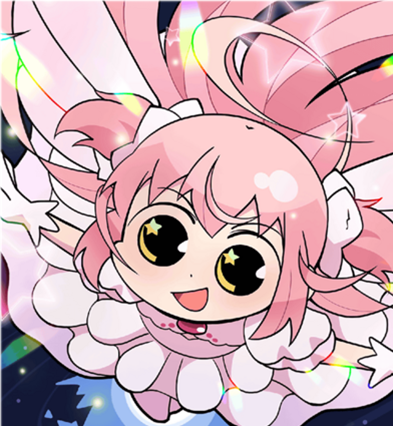Introduction:
Today, we're going to discuss a newsworthy event that has recently made headlines in the gaming world. Genshin Impact, a globally popular gacha game, has been fined $20 million by the Federal Trade Commission (FTC). The FTC alleges that HoYoverse, the game's developer, marketed the game to children and collected their data in violation of the Children’s Online Privacy Protection Act (COPPA) in the US. Additionally, the FTC claims that HoYoverse deceived players about the real costs of in-game transactions and the odds of obtaining rare prizes. As part of the settlement, the game must now comply with several restrictions, including prohibiting the sale of loot boxes to children under 16 without parental consent, requiring accurate disclosure of loot box odds and exchange rates, and mandating the deletion of personal information collected from children under 13 without parental consent. HoYoverse has agreed to introduce new age-gate and parental consent protections and increase in-game disclosures for players in the US.
This case has sparked a range of discussions and debates. Some of the potential questions we might explore today include:
1.What are the ethical implications of marketing gacha games to children and collecting their data?
2.How effective are the FTC's regulations in protecting consumers, especially minors, in the context of the gaming industry?
3.What impact might this fine have on HoYoverse's business model and the future development of Genshin Impact?
4.How can game developers balance the need for revenue generation through in-game purchases with their responsibility to ensure transparency and fairness to players?
Let's dive into these thought-provoking questions and share our insights on this complex issue.





